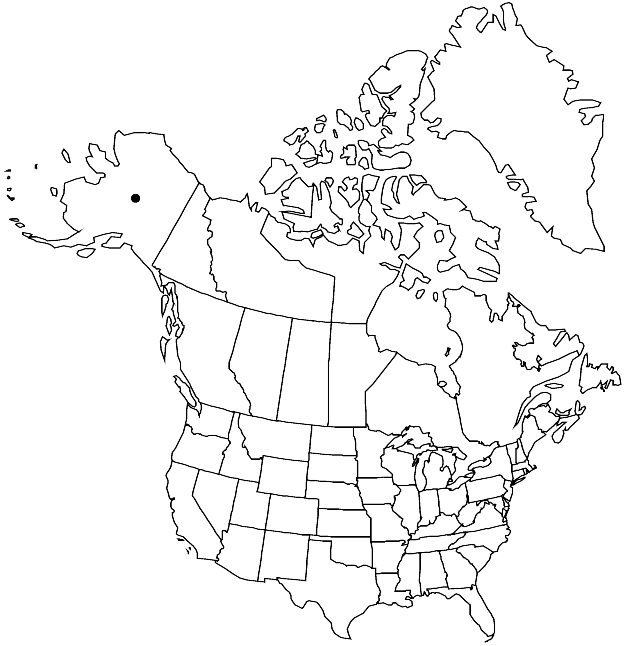Cardamine blaisdellii
Bot. Gaz. 33: 146. 1902.
Perennials; usually glabrous throughout, rarely pilose. Rhizomes cylindrical, slender, 0.7–1.5 mm diam. Stems erect or ascending, unbranched, 0.5–2(–2.5) dm. Rhizomal leaves pinnately 5- or 7-foliolate, 2.5–12 cm (not fleshy), leaflets petiolulate; petiole 1.5–4(–9) cm; lateral leaflets similar to terminal, or smaller and margins usually toothed, rarely entire; terminal leaflet (petiolule 0.15–0.3 cm) blade suborbicular to broadly obovate, 0.4–1.5 cm × 2.5–14 mm, base obtuse to subcordate, margins 3–5-toothed, (apiculate). Cauline leaves 1–3, (3–)5-foliolate (alternate), petiolate, leaflets petiolulate or subsessile; petiole 0.2–2(–6.5) cm, base not auriculate; lateral leaflets similar to terminal; terminal leaflet subsessile or petiolulate (to 0.2 cm), blade obovate to oblanceolate, 0.5–1.5 cm × 3–10 mm, base cuneate, margins 3-toothed or entire. Racemes ebracteate. Fruiting pedicels erect to ascending, 0.7–22 mm. Flowers: sepals oblong, 2–3.5 × 2–2.5 mm, lateral pair slightly saccate basally; petals white, broadly obovate, 7–10 × 3–6 mm (clawed, apex rounded); filaments: median pairs 3–4 mm, lateral pair 2–3 mm; anthers oblong, 1–1.5 mm. Fruits linear, 1.6–4 cm × 1–1.3 mm; ovules 14–24 per ovary; style 0.7–3 mm. Seeds brown, oblong, ca. 1.5 × 1 mm. 2n = 28, 42.
Phenology: Flowering Jul–Aug.
Habitat: Moist streamsides, meadows, river gravel, mesic grounds, wet tundra, moist humus, scree slopes, calcareous fellfields
Elevation: 50-1000 m
Distribution

Alaska, n, e Europe (Russian Far East, Siberia).
Discussion
Cardamine blaisdellii was treated by R. C. Rollins (1993) as a synonym of C. microphylla, but the morphological differences (see key) and molecular data (R. B. Jørgensen et al., 2008) clearly demonstrate that they are distinct.
Selected References
None.